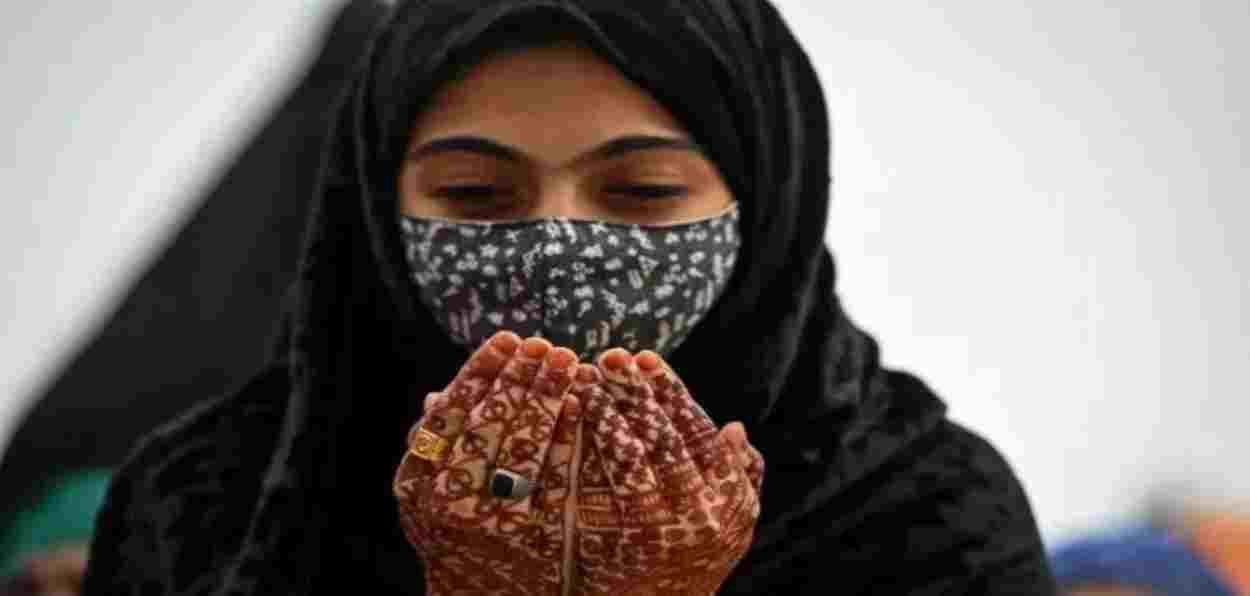
Eman Sakina
Women’s empowerment in Islam is a multifaceted and nuanced concept that is interpreted and practiced differently in various Muslim communities. Islam, as a religion, has a foundation of principles derived from the Quran and the teachings of Prophet Muhammad. While some societies or individuals may interpret these principles in ways that seem restrictive to women, others argue that Islam inherently promotes gender equality and the empowerment of women.
Friday Musings
Empowering women in Islam involves understanding and promoting the principles of equality, justice, and respect for women's rights as outlined in the Quran and the teachings of Prophet Muhammad.
Here are some aspects of women’s empowerment in Islam:
Spiritual Equality: Islam teaches that men and women are equal in the eyes of God. Both genders are considered spiritual beings with the same moral and religious responsibilities. The Quran explicitly states that both men and women have similar spiritual worth (Quran 3:195, 4:124, 33:35).
Educational Rights: Islam encourages seeking knowledge for both men and women. Prophet Muhammad emphasized the importance of education stating that every Muslim must seek knowledge. Throughout Islamic history, there have been many female scholars and educators.
Economic Rights: Islam grants women the right to own and manage their property independently. women are not obligated to contribute financially to the family, as it is the primary responsibility of men, but they are free to engage in economic activities if they choose to do so. This gives women financial independence and control over their wealth.
Legal Rights: Islamic law, or Sharia, provides women with various legal rights. These include the right to inherit, the right to own property, and the right to engage in legal contracts. The laws also stipulate that women should be treated justly and fairly.
Social and Political Participation: While cultural and historical factors have influenced women’s social and political roles in Muslim-majority countries, Islamic principles do not inherently restrict women from participating in public life. The Prophet’s wife, Aisha, for example, played a significant role in Islamic scholarship and political affairs.
Modesty and Respect: Islam promotes the concept of modesty and dignity for both men and women. The emphasis on modesty is often reflected in the way individuals dress. While the specific dress code (hijab) is a matter of interpretation and varies among cultures, it is intended to promote dignity, respect, and protection for women.
It’s important to note that interpretations of Islamic teachings may vary, and cultural practices can influence the implementation of these principles. Empowering women in an Islamic context involves fostering a balanced and just approach that aligns with the core values of equality and justice in Islam.
Islam, like any other religion, has diverse interpretations and practices, and there are many examples of empowered women within the Islamic tradition. It is important to note that views on women’s empowerment can vary across different cultural and geographical contexts. Here are a few examples of empowered women in Islam:
Khadijah bint Khuwaylid: Khadijah was the first wife of the Prophet Muhammad and a successful businesswoman. She was older than the Prophet and played a crucial role in supporting him both emotionally and financially. Khadijah was a respected figure in Meccan society due to her business acumen and charitable activities.
Aisha bint Abi Bakr: Aisha, the youngest wife of Prophet Muhammad, is renowned for her scholarship and leadership. She was an important source of knowledge, and many Hadiths (sayings of the Prophet) are narrated through her. Aisha played a significant role in the political and social life of the early Muslim community.
Fatimah bint Muhammad: Fatimah, the daughter of the Prophet Muhammad, is highly revered in Islam. She is an example of piety, humility, and strength. Fatimah was known for her resilience and commitment to social justice.
Umm Salama: Umm Salama was one of the Prophet’s wives and a wise and respected woman. After the death of her husband in the Battle of Uhud, she demonstrated political acumen and leadership skills in helping to negotiate the Treaty of Hudaybiyyah.
Nusaybah bint Ka’ab (Umm Ammara): Nusaybah was a courageous woman who participated in battles alongside the Prophet Muhammad. She is known for her bravery in defending the Prophet during the Battle of Uhud.
Rabi al-Adawiyya: Although not a companion of the Prophet, Rabi al-Adawiyya was a mystic and poet in the early Islamic period. She is revered for her piety and devotion to God, and her teachings continue to inspire many Muslims, men, and women alike.
ALSO READ: Naseem Shafaie is busy chronicling Wanwun and Natiya Kalaam in Kashmiri
These examples highlight the diversity of roles and contributions made by women in early Islamic history, showcasing that empowered women played significant roles in various aspects of life, including business, education, and community leadership.
